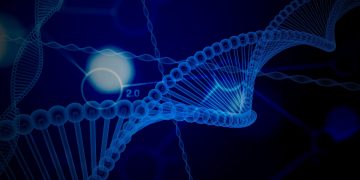
Rapid Advances in Biotechnology Bring Questions about Patentability
Striking a balance between encouraging innovation and allowing access to knowledge is not simple. Allowing patents for modifications of naturally occurring organisms and cells pose a particular challenge to the scientific community. Adding to the complexity is the variations in regulations between countries. This article discusses these issues with specific examples in biotechnology and biomedical fields.
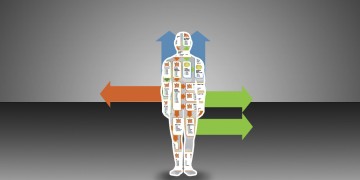
Map of Human Lineage Biomarkers for Different Immune Cell Types
How can we easily identify biomarkers for different immune cell types? Refer to this color-coded poster for quick and simple identification of human lineage biomarkers.
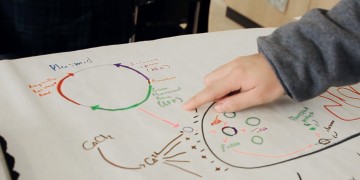
Design for Learning: Developing Curricula for Instructional Lab Kits
How are educational curricula developed? Who sets the standards? How do companies that develop science education kits keep up with this and design their kits around the curricula? Find out in this article.
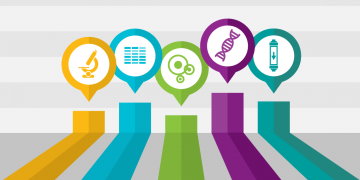
Top Stories of 2015 — Bioradiations Year in Review
In 2015, we published an extensive array of tips, protocols, videos, articles of general interest, customer testimonials, and technical and application notes on bioradiations.com. Here is a list of the most popular 2015 stories.
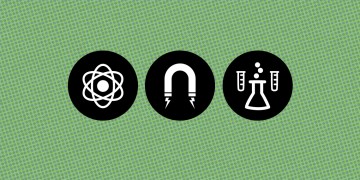
In Pursuit of (Ig) Nobility: The Ig Nobel Prize
What is so noble about receiving an award? What if it is an Ig Nobel award? This article reviews what Ig Nobel awards are, how they are determined, and discusses some research topics that were awarded the Ig Nobel awards this year.

What Academic Researchers Can Learn from Small Biotechs about Antibody Validation
Academic labs don’t have the money to do full-scale validations of antibodies. What tricks can small biotechs teach them about validation? Find out.
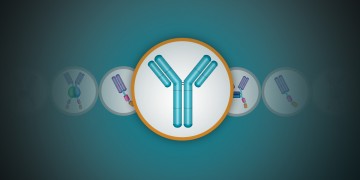
Trends in Antibody Generation Techniques — the Fully Synthetic Human Combinatorial Antibody Library (HuCAL®) Technology
From using nonspecific polyclonal antibodies to developing monoclonal antibodies from immortalized antibody-producing cells to antibody engineering and generation of antibodies using an animal-free library with billions of antibody fragments to choose from, the antibody technology has seen tremendous advances. Explore where this journey started and what the current trends are and what the human combinatorial antibody library (HuCAL) technology destination has to offer!

CRISPR: The Hopes, the Fears, and the Biology
Few discoveries have changed the pace of discovery and the types of questions we can ask as drastically and quickly as CRISPR-based genome editing. But where did CRISPR come from? How was it adapted to become such a game-changing genome editing tool? And why are some of its greatest proponents alarmed?

The Youth Factor: It’s in Your Blood
Finding ways to slow or reverse aging intrigues scientists and non-scientists alike. In recent studies, merging the circulatory systems of young and old mice rejuvenated skeletal muscle, brain, and cardiac cells, indicating the presence of a systemic “anti-aging factor” initially thought to be growth differentiation factor 11 (GDF11). However, a recent publication showed that GDF11 actually promotes aging, emphasizing the need for further integrative analysis of the aging process.

Get Published! 10 Tips for Getting Published Successfully
When you have finished all your experiments and have the paper ready in your head, you need to consider several factors before sending it for publication. Here are some tips that Bio-Rad’s PrimePCR™ PCR Primers and Assays group put together for getting the paper published successfully.
